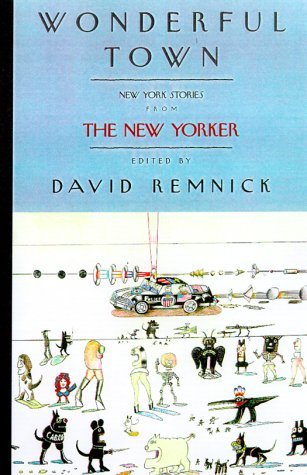4♥ 4♥ 4♥ 4♥4♥ 4♥ 4♥ 4♥
Thoughts very often grow fertile in the subway, because of the motion, the great company, the subtlety of the rider’s state as he rattles under streets and rivers, under the foundations of great buildings, and Rogin’s mind had already been strangely stimulated.
A couple years ago I read my first short story by Saul Bellow “A Silver Dish” and its remained a favorite ever since. So for Week 34 of my Deal Me In 2017 short story project, I selected the Four of Hearts which corresponds to another Saul Bellow story “A Father-to Be”. And it lives up to the reputation of that first story.

Rogin is coming home from work deep in thought about his fiance, Joan, her family and friends, his work and life in general. This story is true stream of consiousness. As he makes his way on to the subway, his thoughts turn toward the other passengers until he sets his sight on a man he decides could be his son in forty years. His thoughts may not be funny in and of themselves but the reader can’t help but laugh at the in-depth, detailed ideas that Rogin has about this man while the man himself has absolutely no clue what Rogin is thinking. All of the thinking on Rogin’s part contrasted with what is actual silence between the two passengers makes for an amusing scene.
This story gives a new meaning to the term “people watching” and it also makes one wonder what others might be thinking as they watch you. There have probably been stranger thoughts than Rogin’s.
This story is included in my copy of Wonderful Town: New York Stories from The New Yorker edited by David Remnick. My Deal Me In list can be found here. Deal Me In is hosted by Jay at Bibliophilopolis.



